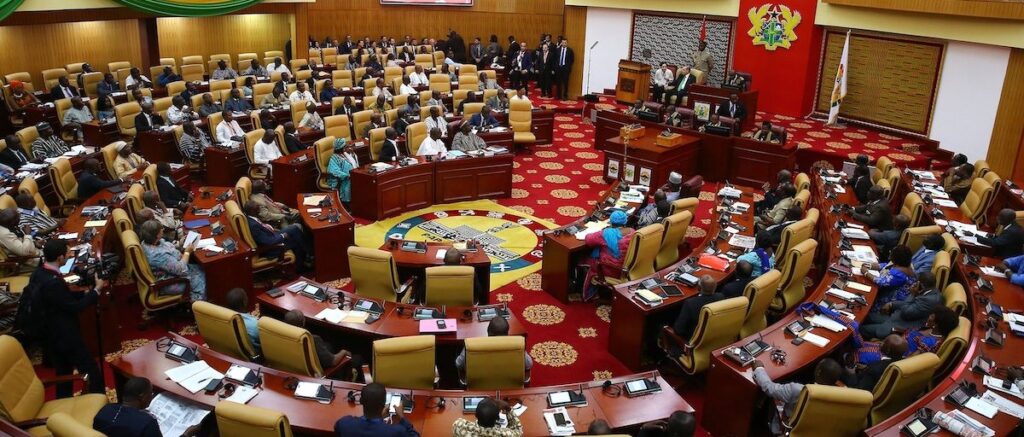Speaker’s Delay Casts Shadow Over L.I. 2462 Revocation
The anticipated showdown over Ghana’s controversial mining regulation, Legislative Instrument (L.I.) 2462, has been thrown into uncertainty following an abrupt decision by Speaker of Parliament Alban Bagbin to postpone the resumption of the House indefinitely.
The move, announced via an official communiqué on 6 October, cited “circumstances beyond my control” but offered no further explanation—fueling speculation about internal tensions and procedural bottlenecks.
The Third Meeting of the First Session of the Ninth Parliament was scheduled to reconvene on 14 October, with the revocation of L.I. 2462 expected to headline the legislative agenda.
The instrument, which critics say opened the door to mining in ecologically sensitive zones, has become a lightning rod in the national debate over illegal mining, or galamsey.
Attorney-General and Minister for Justice, Dr. Dominic Ayine, had earlier confirmed that a new instrument L.I. 2501was ready for tabling on the same day Parliament was due to resume.
The goal: to formally repeal L.I. 2462 and introduce stronger environmental safeguards. Ayine, speaking during President Mahama’s engagement with civil society groups on the galamsey crisis, described the revocation as a cornerstone of the administration’s legal strategy to curb environmental degradation.
“The Minister and I have agreed that on the 14th of October, when Parliament resumes, we will lay that instrument to revoke the famous L.I. 2462,” Ayine said. He outlined a 21-day maturation period for the new instrument, after which the old regulation would cease to exist.
Ayine’s remarks underscored the structural weaknesses in Ghana’s mining laws. Under the current Minerals and Mining Act, licenses can be granted across the entire territory including forest reserves and other protected areas. The Attorney-General proposed a statutory schedule listing all forest reserves, with a categorical ban on mining within those zones.
The delay in Parliament’s resumption now threatens to derail that timeline, raising questions about political will and institutional coordination. With the 2026 Budget Statement also pending, the indefinite suspension of proceedings adds to the legislative backlog and risks undermining the government’s reform agenda.
While Bagbin’s statement was terse, insiders suggest the postponement may be linked to behind-the-scenes negotiations over the revocation process and broader political dynamics within the House.
The Speaker has previously clashed with executive priorities, and his decision to halt proceedings at such a critical juncture is likely to intensify scrutiny.
Civil society actors, already mobilised around the galamsey crisis, are expected to press for clarity and accountability. The fate of L.I. 2462, and the broader environmental reform package, now hangs in the balance—awaiting a new parliamentary calendar and renewed political consensus.


